Carbon markets play a crucial role in the global response to climate change, promoting sustainable practices and ecological restoration. However, these markets, especially concerning nature-based solutions, confront challenges in reliability, quality, and transparency, leading to skepticism among various stakeholders.
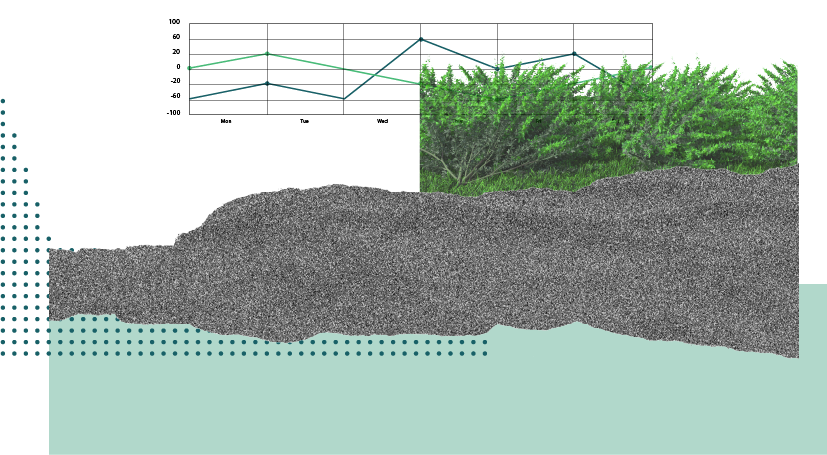
The heart of the issue lies in the traditional Monitoring, Reporting, and Verification (MRV) process, which, while fundamental, is often characterized by inefficiencies like high costs, lengthy procedures, and errors due to manual methods and physical inspections. This impacts the scalability and effectiveness of carbon markets in mitigating climate change.

Addressing these problems, the adoption of Digital Monitoring, Reporting, and Verification (D-MRV) marks a major advance. D-MRV revolutionizes the MRV process, enhancing it with greater transparency, accuracy, and efficiency, thus overcoming the limitations of traditional methods. This technological shift is crucial in enhancing the trustworthiness of nature-based carbon credits and in driving more effective climate strategies.
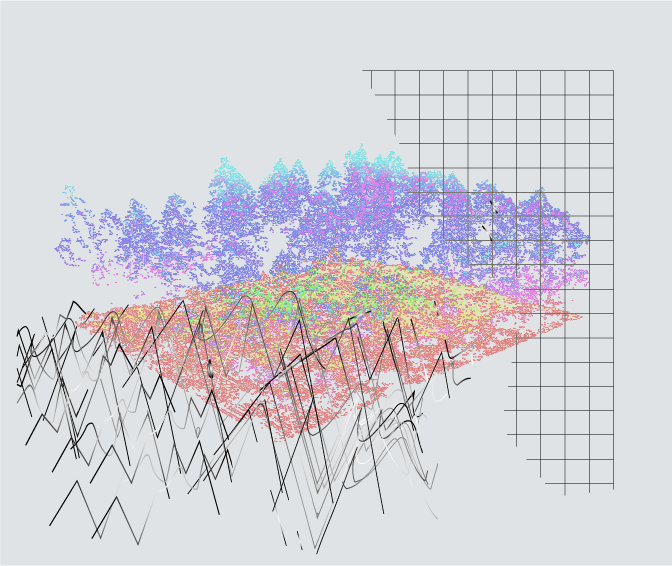
The implementation of D-MRV is set to transform carbon markets into more effective and influential tools in the battle against climate change. reductions achieved through mitigation activities, report these findings to accredited third parties, and subsequently verify these reductions for the carbon footprint.
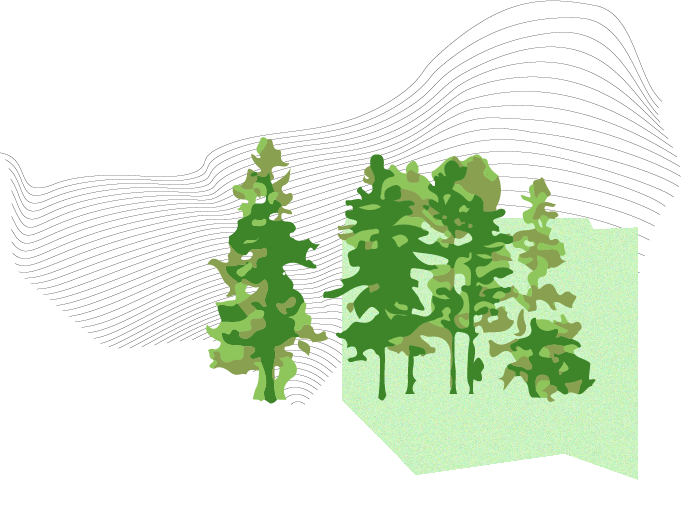
Digital Monitoring, Reporting, and Verification (D-MRV) emerges as a groundbreaking solution to the challenges faced by traditional carbon markets. It signifies a shift from manual, labor-intensive processes to automated, standardized, and transparent systems powered by technology. This digitalization is poised to streamline carbon crediting and significantly improve the efficiency of carbon markets.
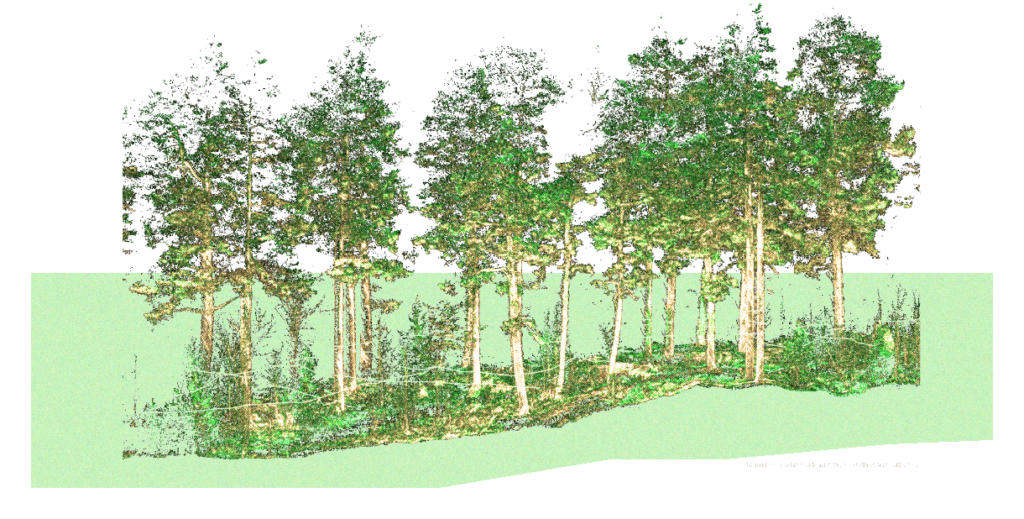
The integration of digital platforms simplifies interactions with certifying bodies, making the certification process more efficient and less prone to error. Automated data sharing and processing facilitate quicker validation of credits, ensuring they meet the required standards and regulations.
Significant cost reductions, particularly in administrative, compliance, and operational areas. The ability to manage data digitally reduces the need for extensive manual effort, travel, and on-site work, resulting in substantial cost savings and resource optimization.
The adaptability of digital platforms allows for the monitoring of vast geographic areas and the integration of diverse data sources. This scalability is vital for expanding the reach and impact of nature-based projects, enabling them to address ecological challenges on a global scale.
Enhance investor confidence by providing a clear, transparent view of project effectiveness and impact. This transparency, coupled with the demonstrated effectiveness of projects, attracts more investment into vital nature-based initiatives, furthering efforts in climate change mitigation and ecosystem preservation.


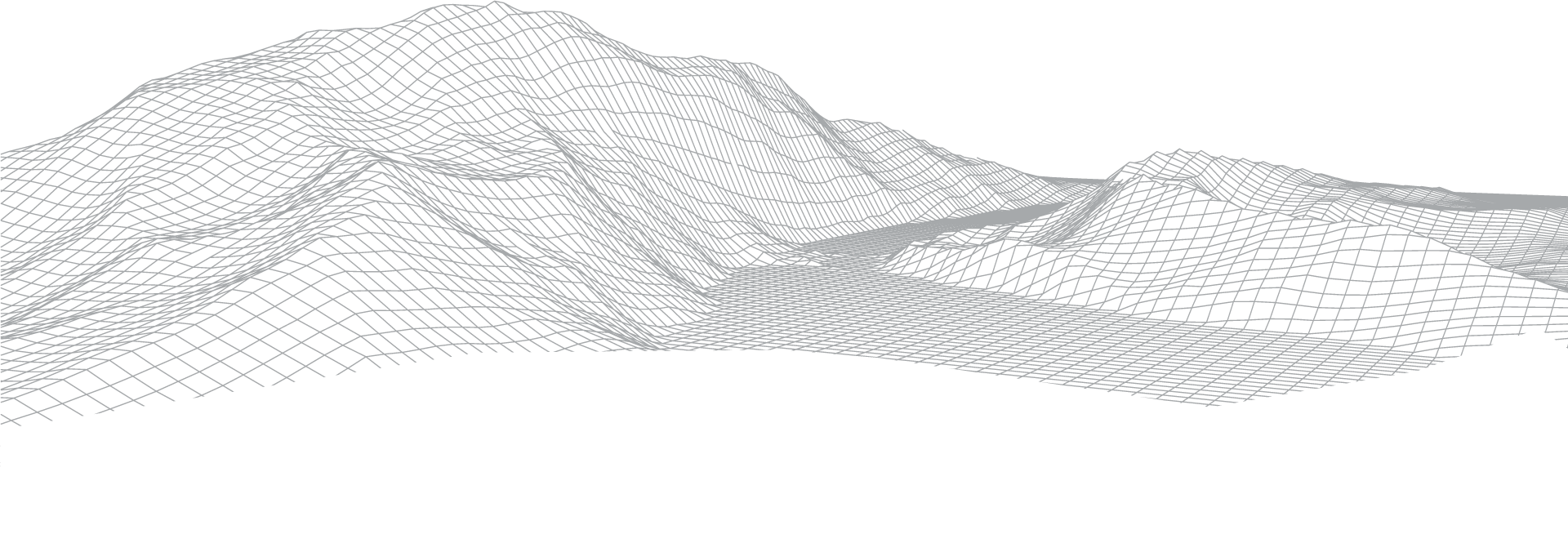
17Tons SB SRL
Via Catania, 14 – Palermo (Italia)
p.iva IT 06 9978 50828
